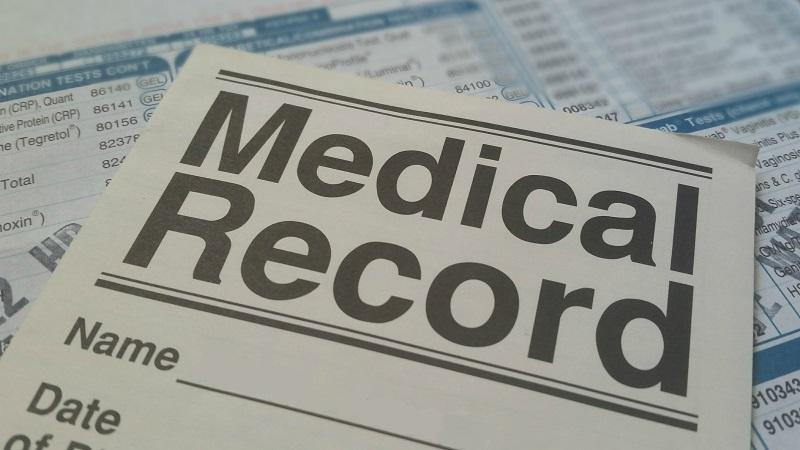Supplier Palantir retained to support migration but medical professionals and campaign groups continue to harbour concerns
Credit: vjohns1580/Pixabay
The NHS has signed a multimillion-pound contract to support the transition from the Covid-19 Data Store to a new £360m data system.
The health service is in the process of seeking a supplier to support the delivery of a new NHS Federated Data Platform (FDP). The deal is slated to be awarded later this year and will be worth £360m to the chosen firm over its initial five-year term – plus two potential one-year extensions, cumulatively valued at an additional £120m.
The FDP intends to better support data-sharing by enabling individual trusts and integrated care systems to create their own data platform within the overarching infrastructure – which can then be connected to those of other local NHS entities.
Information housed in these systems will include the likes of waiting lists, availability of beds and medicines, vaccine rollouts, and future plans and projections.
The federated system will replace and expand upon the Covid Data Store, which was implemented rapidly at the start of the pandemic, in a project that saw the NHS work with Google, Microsoft, Amazon Web Services, Faculty and Palantir.
The latter’s Foundry platform is the key technology underpinning the system. Having created the tool for a nominal fee of £1, as the Data Store has remained in operation the firm has been awarded a series of extension contracts to provide support up to June 2023. These agreements have been collectively worth about £36.5m.
Related content
- Expanded NHS England taps McKinsey to design data and analytics model in £1m deal
- Government to spend up to £20m on ‘border flow’ contract with CIA-backed big data firm Palantir
- NHS to build £3m digital platform to manage national volunteer force
Added to this tally is now an extra £24.5m for the fulfilment of a “transition and exit contract”, which came into effect last week.
According to a freshly published contract notice, Palantir will be expected to “provide the smooth transition and exit service of critical products that were developed to respond to the Covid-19 pandemic… to alternative provisions including the transition of products to the new supplier [of the Federated Data Platform] following completion of the procurement process”.
Palantir itself is considered by many to be the frontrunner to win the contract to support the creation of the FDP.
As its work with the public sector has increased in recent years – including almost £100m in contracts awarded by the Ministry of Defence – so has scrutiny and criticism of the company and how its technology is used. According to an Amnesty International report, published in September 2020 – six months after it began work on the NHS data platform – “there is a high risk that Palantir is contributing to serious human rights violations of migrants and asylum-seekers by the US government”.
Campaign groups and representatives of the medical profession have raised concerns about the firm’s – potentially ongoing – role in processing sensitive health-service information.
In response to the award of its latest NHS contract, covering the transition to the FDP, doctors’ union the British Medical Association voiced its worries about the deal, and called for greater transparency.
“GPs have long raised concerns about the appropriate use of patient data, and today’s decision by the Government to give £25m to a huge US-based multinational company, to do further work on a large NHS patient data project, only exacerbates these concerns,” said Dr David Wrigley, digital lead of BMA’s GP committee. “The crux of the doctor-patient relationship is trust, and while GPs are supportive of safe and consensual uses of patient data – such as for direct care and legitimate research purposes – we want to see it done in a way that won’t damage the confidence that patients have in the profession, and the care they receive. The BMA calls on NHSE and the department of health and social care to urgently discuss with us how they plan to use confidential patient data within this data platform and what role Palantir will play.”
PublicTechnology had contacted Palantir and was awaiting response at time of going to press.




